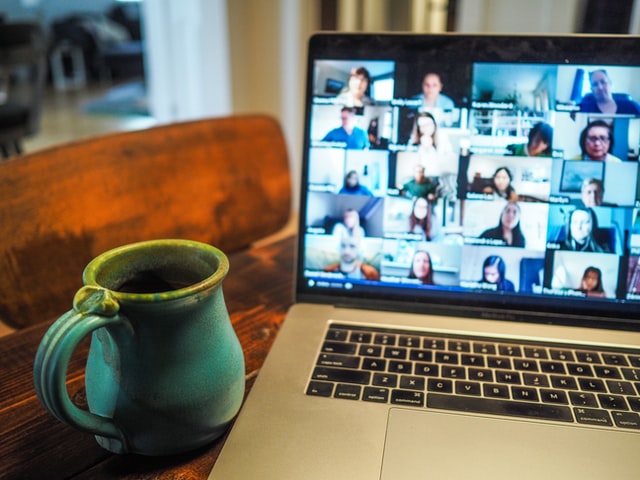Essential Wellness for Library Staff: Best Practices
Earlier this year at the 2021 Virtual ER&L Conference, an Essential Wellness panel discussion took place to examine what the individual and collective experience has been like working in libraries since the pandemic. How we all take care of ourselves and advocate for the health of our library staff, safe working conditions, and personal well-being were topics where many unique perspectives were offered. Taylor & Francis attended this session and is pleased to offer an overview of the key takeaways concerning best practices for prioritizing wellness individually and in our libraries.
.
Understanding and Expressing Our Feelings

Studies have shown that the social isolation and lack of in-person connection required of us throughout the pandemic has produced feelings of shame, anxiety, depression, anger, frustration, sleeplessness, helplessness, contemplating quitting, low morale, fear for family members, and general purposelessness. Survivor’s guilt is also a prevalent experience, along with fear and feelings of waiting for the other shoe to drop at any given moment. Noticing these feelings, acknowledging them, expressing them and learning from them with healthy solutions and outlets to express them in a safe way is of top priority to library staff. Leaning on others for support, using books, music and podcasts, and having access to mental health professionals for help are all effective ways to move through uncomfortable feelings.
.
Safety and Essential Wellness in Working Environments

Promoting the right to refuse unsafe working conditions with a no-questions-asked policy when any library worker feels uncomfortable is of high priority to library workers. Access to ample leave time, vacations and sick time, also allows employees the time they need to process everything that has happened. In addition, many library administrators are advocating for increased autonomy and less micromanaging in order to lessen the burden and workload overwhelm that many library workers continue experiencing. Having the right to take mental health days without going through HR, conducting transparent conversations with supervisors when employees need to renegotiate their workloads, and being able to openly express feelings of fatigue and burnout are all top priorities of current library work environments. When it comes to the physical working space whether in-person or remote, having access to natural light, greenery, and places to take a break for a walk are also advocated for as elements of prioritizing mental and emotional wellness.
.
Positive Virtual Social Experiences

Perhaps the greatest challenge we’ve all faced as a result of the pandemic is the move from in-person to online working. To combat isolation and silos, providing unique and diverse levels of digital socialization has proven to benefit many library workers to help with the mental and psychological effects of working remote. Virtual cooking, yoga, and meditation classes, virtual coffee meetings, and digital team games have all had positive effects on morale, productivity, and restoring a sense of purpose and camaraderie among many library workers.
.
Redefining Work/Life Balance

What we’ve always referred to as “work/life balance” before the pandemic must now be defined differently as a result of remote working and learning. Studies have shown that remote workers stay online longer, work longer hours, and experience more difficulty separating their personal and professional lives when they take place in our homes. The key to combating this overlap and the commonly blurred lines, is to acknowledge that we cannot serve other people if we don’t first serve ourselves. Centering ourselves with wellness practices to allow for a healthy balance must be top priority when working in-person or remote going forward.
.
A New Way Forward

For library management, the pandemic has called for the constant awareness that real people’s lives are affected by every decision. This is especially important when changes are made considering the compounding factors that existed before the pandemic that have now been exacerbated as a result. Responding appropriately to changing circumstances in ways that respect library workers and their rights has never been more important than it is today. It has become essential in library communities to keep an open mind, advocate for flexibility, work collaboratively instead of competitively, and to always put our individual wellness first for long-term collective benefit.
To explore additional wellness strategies that can be applied to your academic community, head back to our Academic Wellness Hub.
.
.
.